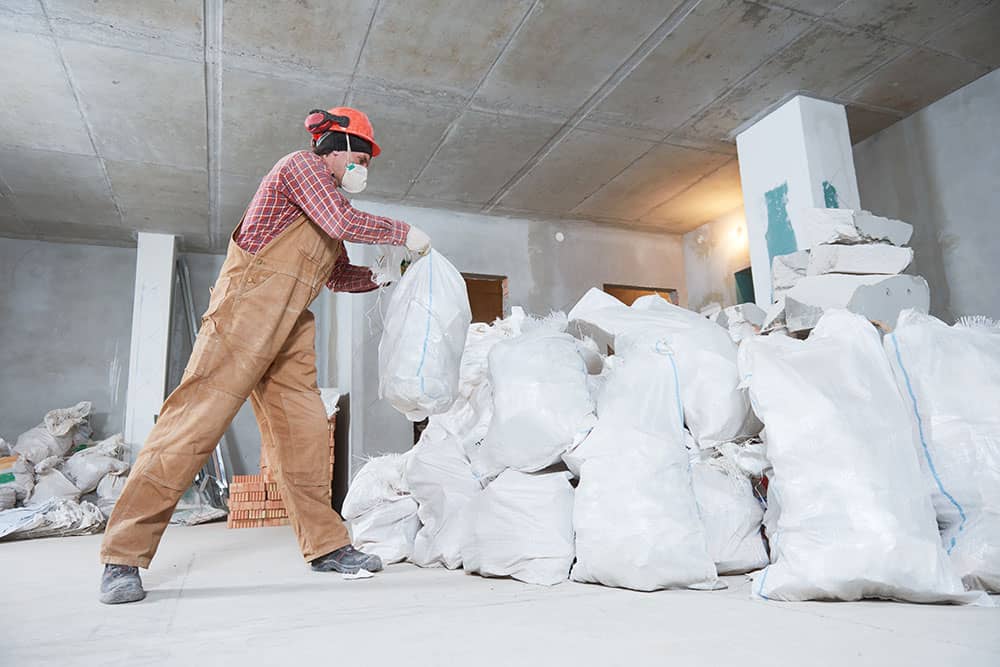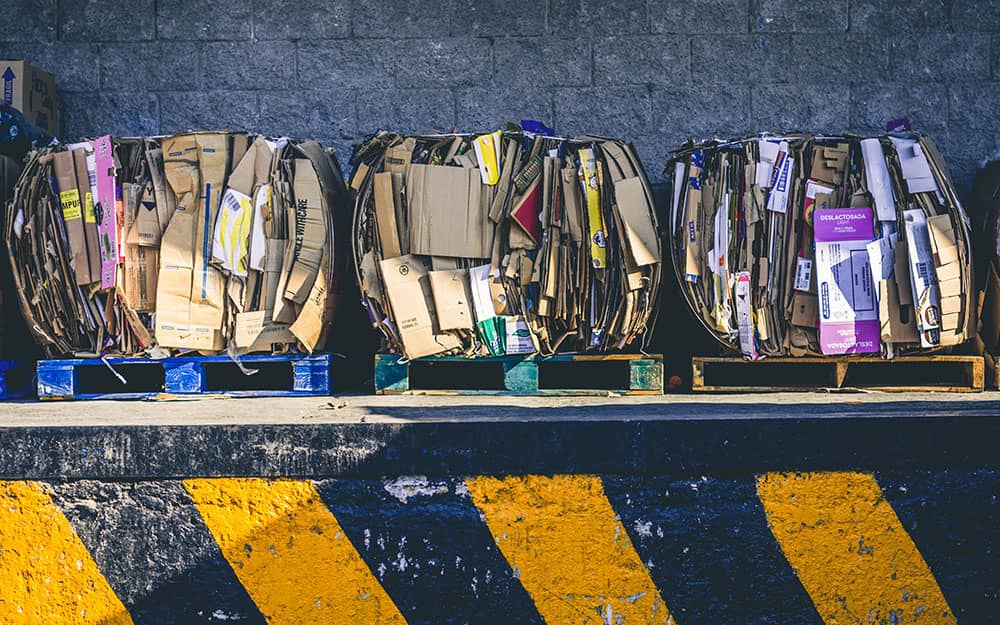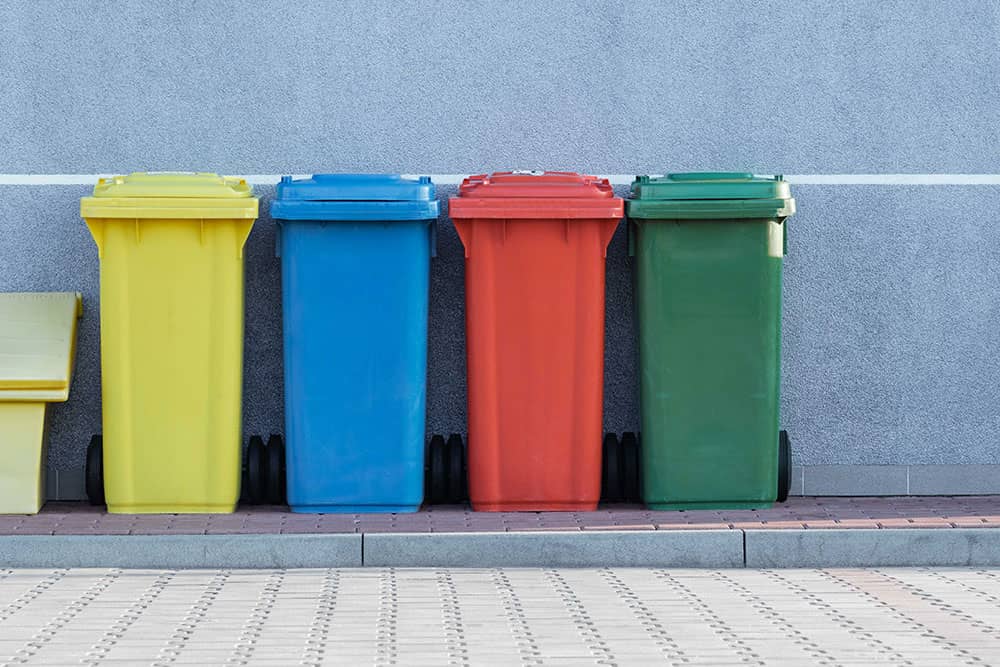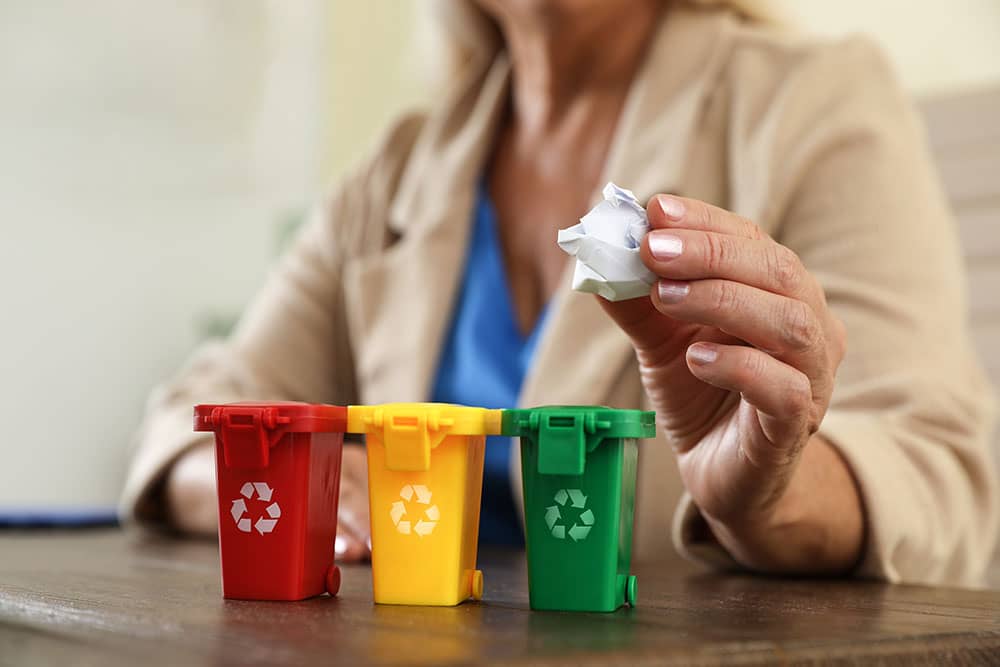
All businesses, no matter what type and sector they belong in, produce waste. In many cases, the local council collection cannot handle the generated waste. As a business owner, it is more than imperative to learn and implement waste management within your company. Waste management should be a part of your efforts towards making your business environmentally friendly. It is your duty to use resources sustainably, including finding ways to decrease the amount of water or energy used.
Quite understandably, the rubbish disposal is tough to handle, especially for businesses. This article provides you with waste management tips that will help you in dealing with rubbish more efficiently.
-
-
Assess the Waste
Did you know that businesses in Australia generate about 1.7 tonnes of waste for every worker each year? Out of the generated waste, less than half is recycled. And those in the construction and demolition industry produce about 40% of the country’s total rubbish.
A waste audit is the first step towards determining how to reduce rubbish generation. It’s beneficial for lowering the costs of your projects, too. Material wastage can lead to significant cost overruns, which is why there’s a call for better waste management.
-
-
-
Minimise Waste
Each waste management program is unique, depending on the business, waste generated, and other factors. However, one of the most common goals is to reduce waste. Eliminating waste is even possible, specifically if waste is a part of the planning process. Create a detailed plan that allows you to factor in things like:
- Areas where the generated waste will mostly occur
- Number of materials you will likely need for a specific project
- Where to place waste or skip bins
- Substituting non-recyclables with recyclable materials
- Educating employees and contractors regarding waste segregation and proper disposal
Project managers should be able to determine the approximate number of materials needed. This way, over-consumption can be avoided. At the same time, it helps prevent excess waste due to unused materials, particularly those that may have a limited shelf life.
Construction products can also be shipped without using a lot of packaging materials. It helps reduce waste, as well.
-
Maximise Waste Potential
Construction and demolition projects are among those sites with plenty of reusable and recyclable materials. These materials can include concrete, which can easily be broken down and reused to create footpaths. You can also get other waste materials, such as aluminium, stainless steel and steel, copper wires, timber, and more. All these materials should be salvaged from worksites and other materials, such as tiles, metals, and plastics.
Many of the products that you can find in demolition and construction sites are reusable. Deconstructing leftover materials will allow you to maximise the waste potential for reuse. For example, dissembling a building may mean that you can salvage structures instead of demolishing them.
You can later use the materials for another construction project. You can also keep them for repurposing. Some items are valuable, such as scrap metal, which can be sold if they are still in good condition.
-
-
Practice Waste Segregation
It is always easier for businesses to manage waste if they have a waste segregation program. You can either have wheelie bins or bulk bags in specific colours or labels. That way, people know what they can and cannot put inside these bins.
A skip bin is a great way to handle waste produced during and after construction or demolition. Partner with the right company so you can create an effective plan with the help of waste specialists. Removal of construction or demolition debris is more manageable, mainly because you do not need to worry about transporting waste yourself. You will get the job done quickly and without a hassle.
By segregating, you can quickly determine which materials can be recycled. It also helps in learning which waste recycling methods can be used. Make sure that skip bins are readily available on the worksite. Position the receptacles in areas where workers will find them conveniently. Be sure to label each bin clearly, as well. If possible, you should try to have an individual container for each type of recyclable waste, such as wood, glass, and metal.
All employees and contractors should be aware of those bins, making sure they are correctly used. Schedule regular disposal of waste, as well. That way, you have one less thing to worry about when you’re in the middle of a busy construction project.
-
Handle Hazardous Materials Carefully
Hazardous waste is a common concern, especially in demolition projects. Ensure that your workers know what to do, particularly with the disposal. There should always be clear and easily understood protocols in the correct handling of dangerous materials.
Spending a reasonable amount of time identifying the types of hazardous construction or demolition waste is always beneficial. It not only educates your team but also helps with everyone’s safety. It’s essential to emphasise the precautions to take when removing those hazards. For example, you can store them in appropriately sealed containers until someone can take or dispose of them. You should always train employees in safe disposal methods, which will prevent any accidents.
You can also outsource hazardous waste disposal. It will help ensure the safety of the workers and the site while staying compliant with relevant laws.
Why It’s Important to Incorporate a Waste Management Plan
Businesses, including construction firms, are required to become more environmentally aware than ever. If you manage a construction or demolition company, you should develop and implement a solid construction waste management plan, which helps guide you in many ways. You can use the system you have created to maintain a legal standing while reducing unnecessary waste in Western Australia’s landfill. Additionally, you can effectively cut costs as you do your part in keeping the environment healthy and green.
Backyard Bins will help you ensure you have a proper waste management practice by making rubbish disposal more manageable and more eco-friendly.
Backyard Bins Team
“ [rcblock id="2165"]”


